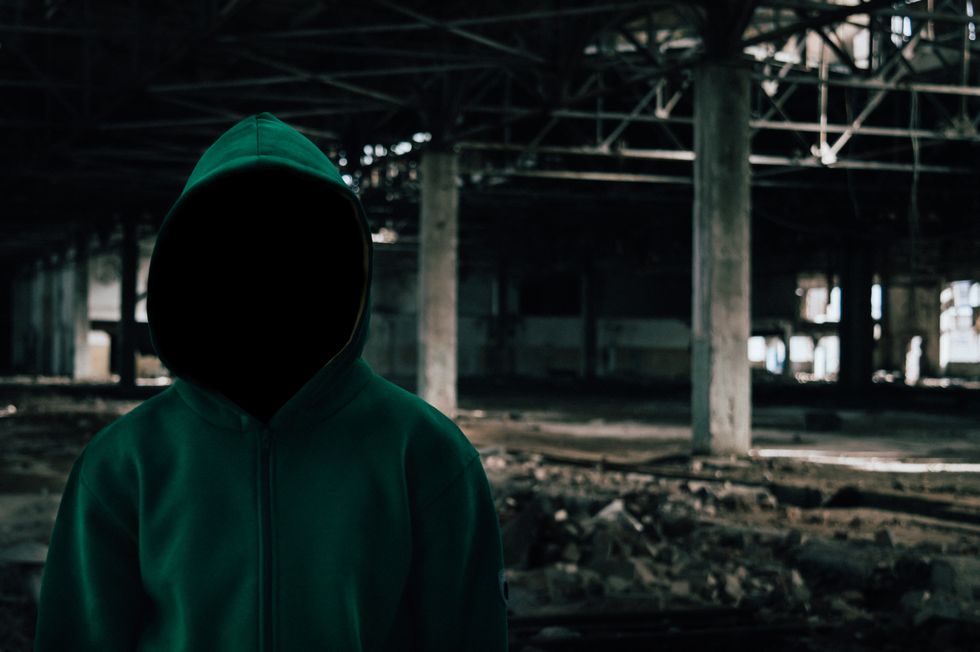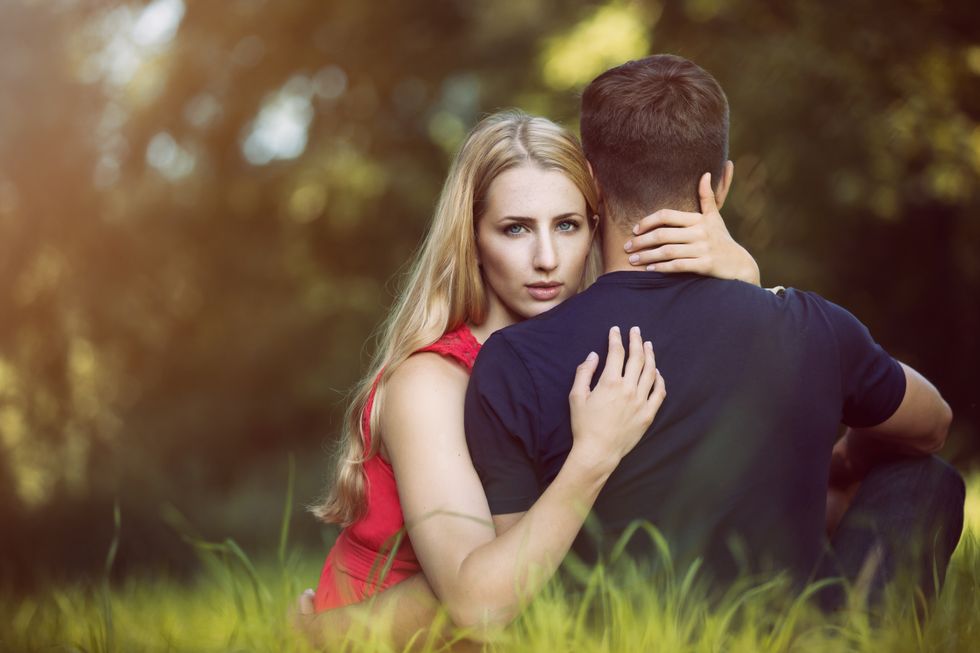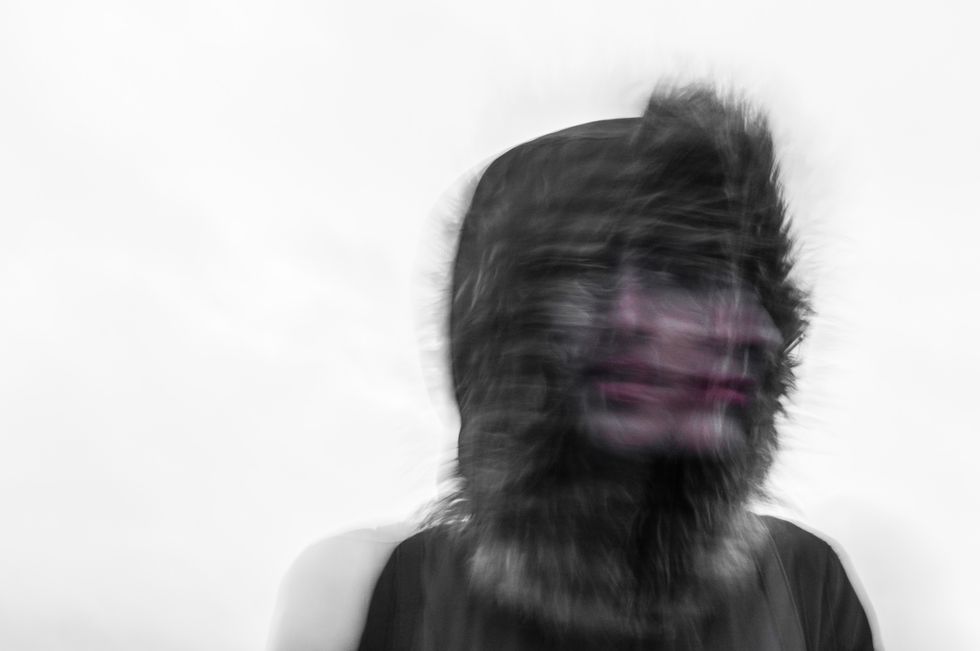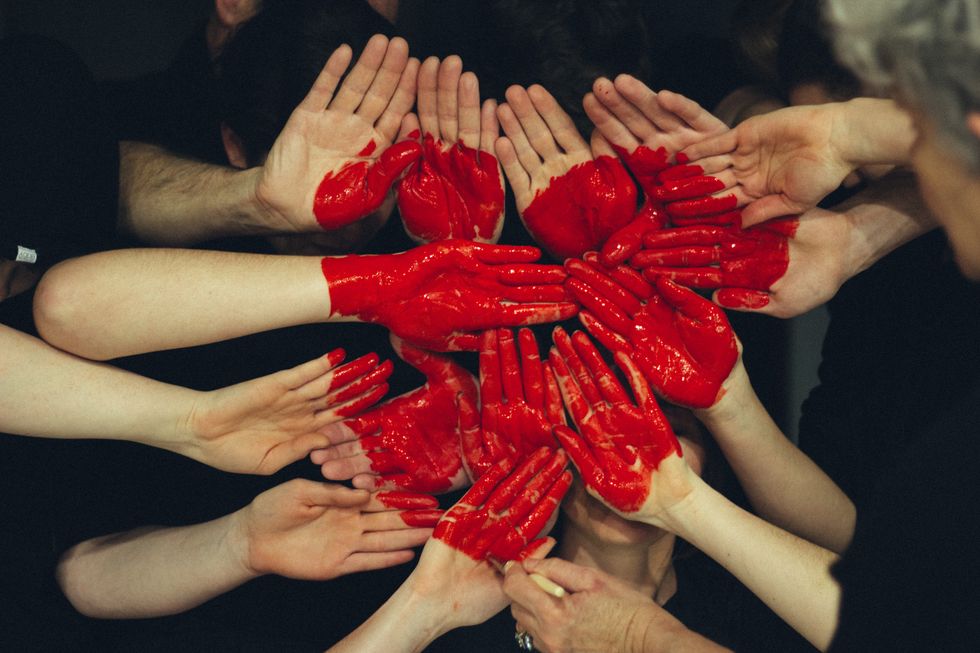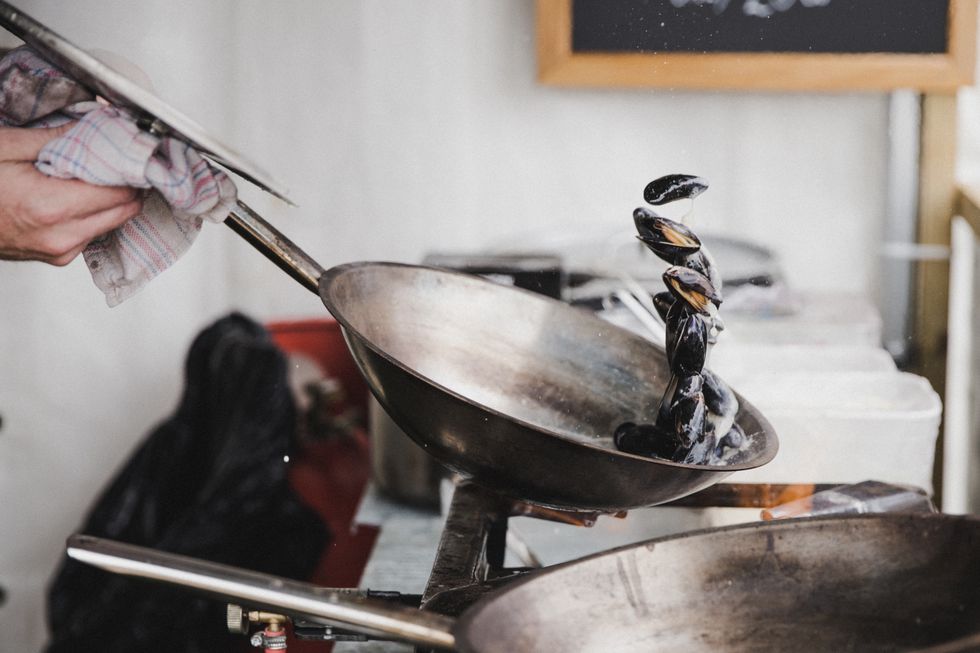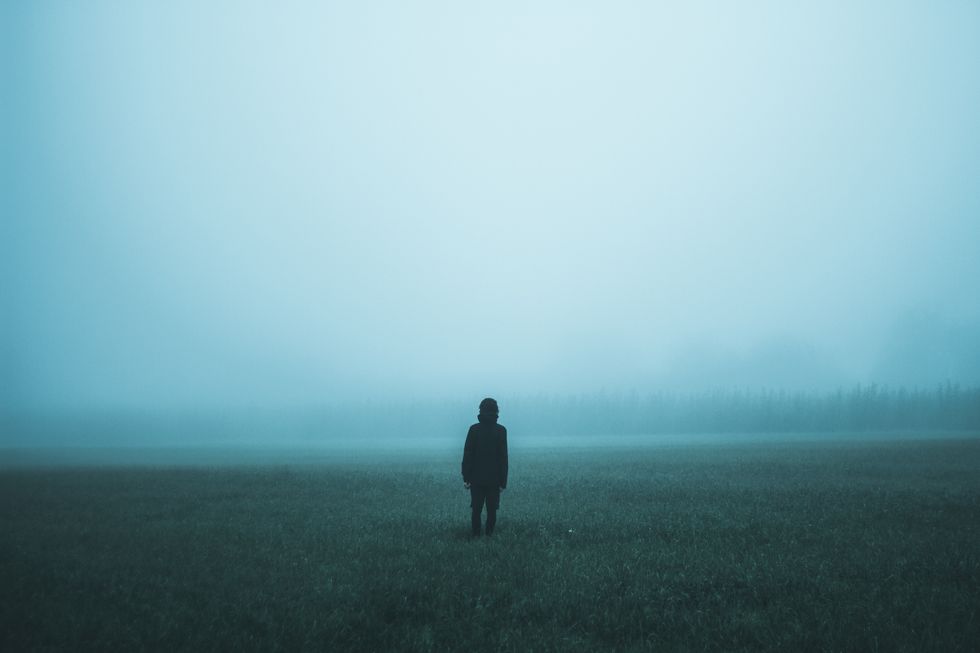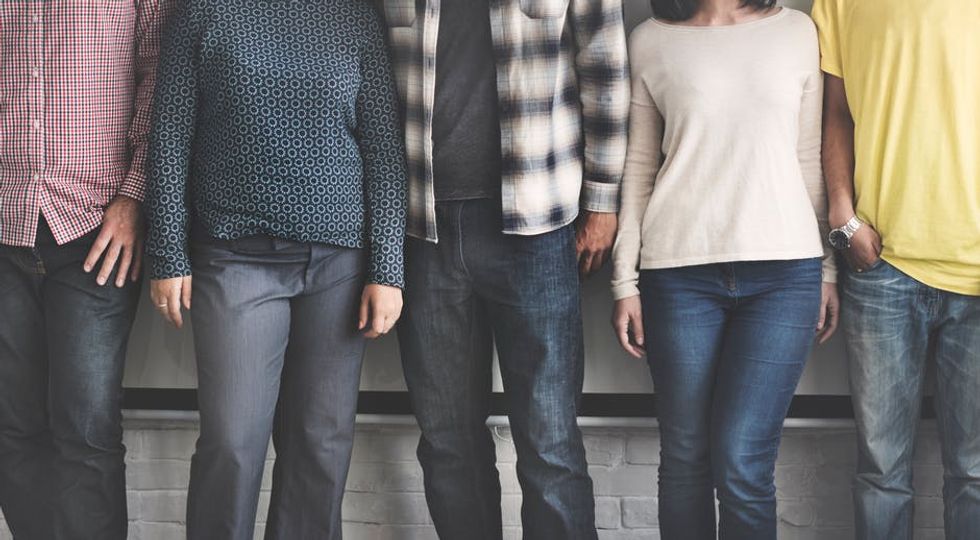As a pansexual queer person with many bisexual and pansexual friends, nothing makes me more frustrated and exhausted than hearing these ten harmful stereotypes, among many others, that are perpetuated within both straight and queer culture.
1. Bisexual people are just “confused"
Shockingly enough, people can in fact be sexually attracted to more than just one gender. People aren’t just gay or straight, and this is probably one of the biggest misconceptions that bisexual people have to face. Sexuality is so often seen as a binary, just like gender, when it’s actually much more fluid. Bisexual people can be attracted to two (or more) genders, and they can live happy lives being in relationships with more than just one gender.
2. Pansexuality isn’t a “real thing"
Yes, yes it is a “real thing.” Pansexuality is the sexual attraction to people of any and all genders, and it’s beginning to be more widely discussed, accepted, and celebrated within the LGBTQ+ community. I, someone who identifies as pan, exist in this reality, so pansexuality is real, too. My sexual attraction isn’t something I’m “faking,” nor is it something I want to.
3. Bisexual people are “selfish"
Just because bisexual people engage in sexual and romantic relationships with more than only men or only women, this doesn’t mean that they’re consciously choosing to “take” from other gay or straight people. Society continues to police bisexual people and pressure them into “picking a side” because it defines wanting to be physically and emotionally involved with more than a singular gender group as wrong and occupying too much space in this sexual binary.
4. Pansexual people are more confused than bisexual people
Pansexual people also know fully well what they want, and even if they don’t, it’s okay to explore parts of their identities— pansexuality can act as an open term for people with a fluid sexual identity or one that maybe hasn’t been fully developed yet. For the most part, though, pansexual people identify as such because they understand what it means and because it’s what makes them feel satisfied.
5. “Bi” means two, so bisexual people are only attracted to two genders
This is actually not true. Contrary to popular belief, bisexual people can be attracted to more than just people of the same and/or opposite gender. To many bisexual people, bisexuality can be more of a “catch-all” term to mean “two or more” rather than just “two.” Many bi people continue to identify as bi because they feel that this term best fits them to define.
6. Pansexual people are sexually attracted to pans
As a pansexual person, seeing or hearing this “joke” makes me want to yank my hair out. This isn’t “cute” or “funny,” and ending the perpetuation of this lie is long overdue. “Pan” means “many,” and it’s never meant sexual attraction to inanimate objects — specifically cookware. I don’t want a relationship with cookware — in fact, I’m in a happy, healthy, monogamous relationship with an amazing, supportive, handsome man, and I’m sexually attracted to him and people of any and all genders.
7. Bisexual people are more unfaithful than straight or gay people
Just because someone is sexually attracted to more than one gender, that doesn’t mean that they’re automatically going to be more promiscuous than monosexual people. Bisexual people are just as loving and faithful to their partners as hetero- and homosexual people. Unfaithfulness happens for a myriad of reasons, but being bisexual isn’t one of them; there’s no inherent likelihood for bi people to cheat more, just like there’s no inherent likelihood for straight and gay people to cheat less.
8. Pansexuality is just a “fad"
Probably one of the most hurtful things to hear is that pansexuality, in and of itself, is “myth.” How would you feel if someone said that an integral part of your identity was fake or not meant to last? The term “pansexuality” has come into wider use more recently than “heterosexuality,” “homosexuality,” and “bisexuality,” but that doesn’t mean that the concept itself is new; it hasn’t been until now that we’ve begun to openly examine, understand, and give a name to it.
9. Bi-erasure isn’t something that bisexual people actually deal with
Bi-erasure, and more broadly multisexuality-erasure, is actually a very prevalent issue both within and outside of the LGBTQ+ community. Bisexual people are, sadly, often alienated by both straight and gay culture because they don’t fit within these very rigid binaries. Either they aren’t “straight enough” or “gay enough” to be accepted within these social groups. Bisexual people can’t be dissected like this though because they exist within their own, respective identities.
10. Pansexuality and bisexuality are the same thing
Yes, I did say before that bisexuality can be more of an umbrella identity representing “two or more,” but bisexuality and pansexuality aren’t the same. Bisexual people can only be attracted to two genders, which doesn’t fall into the definition of pansexuality, or the attraction to all genders. Bi- and pansexual people also discover for themselves which identity they relate to more, hence why there are multiple, unique terms for multisexuality.






